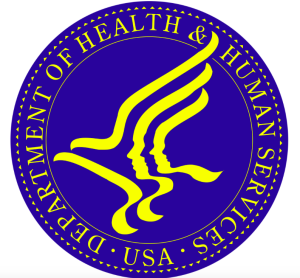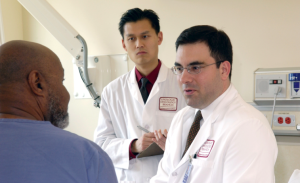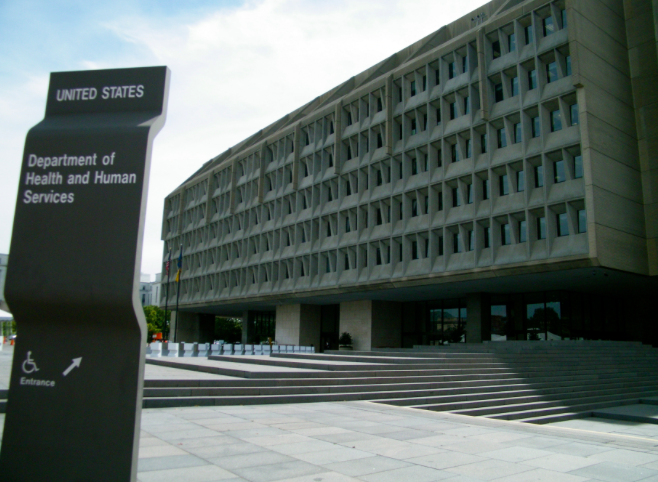A proposed set of protections, which had previously been kept in secret by the Department of Health and Human Services, is now being reviewed by the White House. These protections would grant healthcare workers the opportunity to identify more closely with religious beliefs.
In an effort to protect these workers and what they believe in, this change would give those in the medical field the voice to object to caring for some patients. For example, a Catholic would have the ability to say no to performing an abortion if they objected on religious grounds.
This could also have a drastic impact on how the LGBTQ community is treated medically in the future. Those looking for reassignment surgeries could be denied the right by some doctors due to religious beliefs.

Jose Rodriguez, director of Student Diversity at Cabrini University, said, “There are many people who have limited options and if that physician chooses not to help because of their ‘religious conscience,’ where are they going to go?”
The new protections, proposed on Jan. 18, are still under review by the White House but seem to be gaining support. These protections would also bring a new division of the HHS civil rights office, the Conscience and Religious Freedom division.
If the new division came to fruition, the civil rights office would have the capability to punish organizations who do not let their workers identify with religious and moral beliefs.
Roger Severino of the Trump administration has spearheaded the project for the HHS, citing protections for health care workers as a top priority.
Severino has been vocal in the past opposing rights for LGBTQ citizens, causing concern for those who identify as so. Severino has a history speaking out against the LGBTQ community and addressing same-sex marriage, as well as transgender reassignment surgeries.
With the implementation of this division, the HHS would have the power to conduct audits and compliance reviews to help further the protection of the health care workers. These investigations would ultimately take place when a workers “conscience right” is violated by federal law.
“As a medical professional, I disagree with the new religious liberty protections,” Patricia Childers, a speech language pathologist, said.

Those in the affected communities find this as an alarming attempt by the Trump administration to have a form of justifiable discrimination.
“It’s interesting why there is a need to limit people’s healthcare,” Rodriguez said.
For those already involved within the healthcare industry, the proposed change could alter the code of ethics each organization already has in place.
“A patient’s gender or religion does not impact how I work because of the obligation and code of ethics I abide by,” Childers said. “I have an obligation to give the best care possible for my patients, while being respectful of their religion, sexual orientation and cultural beliefs.”
“According to the American Nurses Association Code of Ethics, the nurse, in all professional relationships, practices with compassion and respect for the inherent dignity, worth and uniqueness of every individual, unrestricted by personal attributes or the nature of health problems,” Susan Fitzgerald, director of Health Services at Cabrini University, said.



